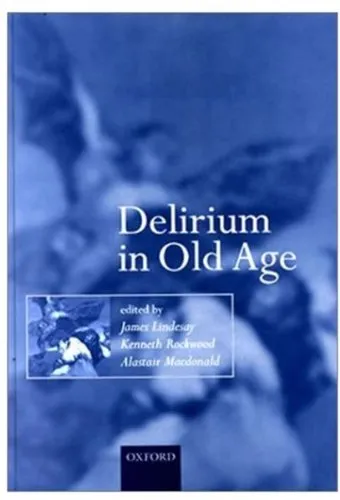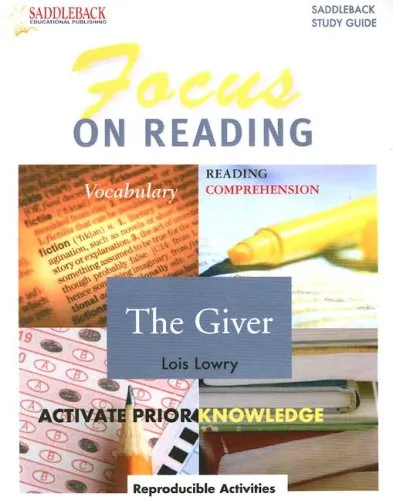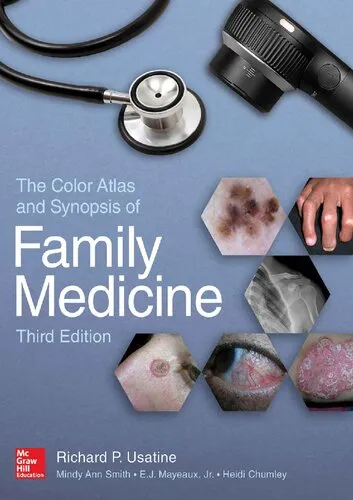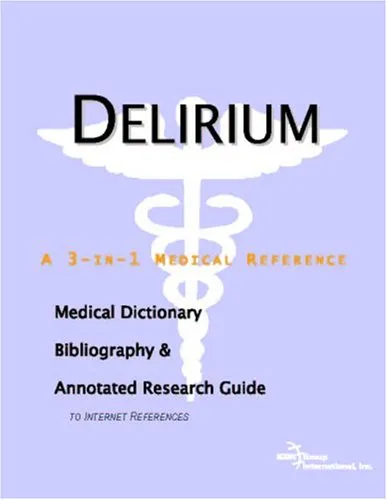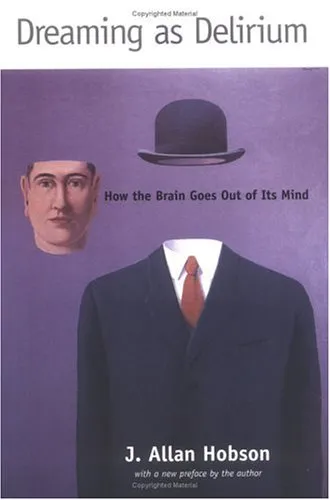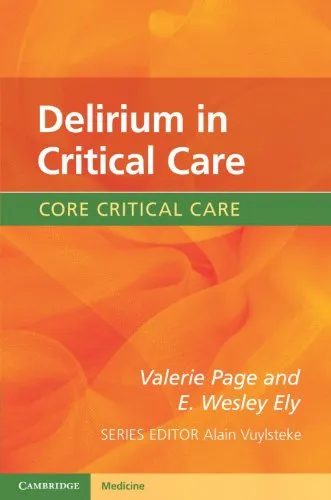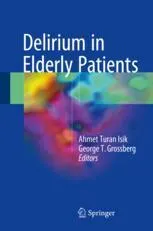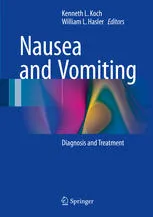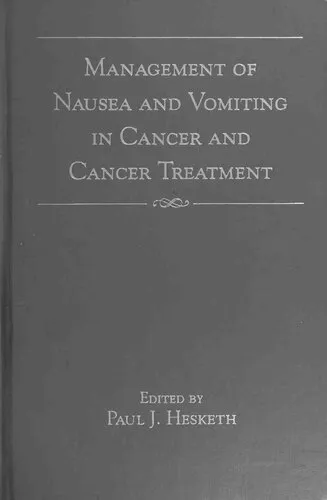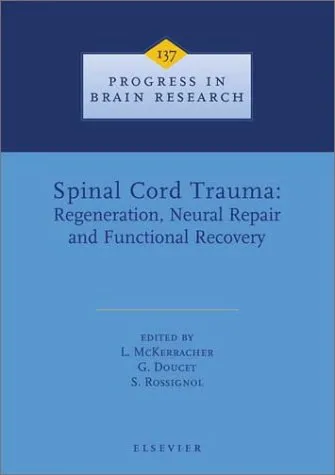Delirium in Old Age (Oxford Medical Publications)
4.3
Reviews from our users

You Can Ask your questions from this book's AI after Login
Each download or ask from book AI costs 2 points. To earn more free points, please visit the Points Guide Page and complete some valuable actions.Related Refrences:
Introduction to 'Delirium in Old Age'
Delirium is a common, yet often overlooked, cognitive disorder in the elderly population. The book 'Delirium in Old Age (Oxford Medical Publications)' serves as a comprehensive guide for understanding, diagnosing, and managing this complex condition. Authored by James Lindesay, Kenneth Rockwood, and Alastair Macdonald, this publication aims to bridge the gap between extensive clinical research and practical application, providing healthcare professionals with the tools necessary to improve patient outcomes in geriatric care.
Detailed Summary of the Book
'Delirium in Old Age' delves deep into the multifactorial nature of delirium, exploring its symptoms, causes, and impacts. The book begins with an introduction to delirium as a critical syndrome affecting cognitive functions. It explains how it differs from other cognitive disorders such as dementia, highlighting the acute and often reversible nature of delirium.
The authors provide a detailed look at the pathophysiology of delirium, discussing the underlying mechanisms that contribute to its development in elderly patients. Through evidence-based research, the book covers risk factors, including medical comorbidities, medication side effects, and environmental influences that may precipitate delirium episodes.
Assessment and diagnosis are critical focal points, with readers being guided through the intricacies of identifying delirium. Practical assessment tools and diagnostic criteria are discussed comprehensively, allowing healthcare providers to differentiate delirium from similar cognitive impairments efficiently.
A substantial portion of the book is devoted to management strategies. It covers both pharmacological and non-pharmacological approaches, emphasizing the importance of a multidisciplinary method in treating and preventing delirium. The authors stress the role of preventive measures, patient care strategies, and the need for continuous evaluation.
Key Takeaways
- The importance of early detection and accurate diagnosis of delirium in improving patient outcomes.
- A multidisciplinary approach is essential in managing delirium in the elderly.
- The book underscores the need for personalized care plans tailored to individual patient needs and risk factors.
Understanding the difference between delirium and other cognitive disorders is crucial for effective treatment.
Famous Quotes from the Book
"Delirium demands attention—not only because of its immediate impact but also due to its far-reaching effects on health outcomes."
"Treating delirium is not simply about addressing symptoms—it's about addressing the whole person and their environment."
Why This Book Matters
The book 'Delirium in Old Age' represents a pivotal resource in geriatric medicine, offering critical insights into one of the most challenging cognitive disorders affecting elderly individuals. Its importance cannot be overstated as it provides both comprehensive research findings and practical guidelines that assist physicians, nurses, and caregivers in delivering superior care.
As the proportion of the aging population grows, understanding conditions like delirium becomes increasingly vital. This book equips healthcare practitioners with the knowledge to address delirium effectively, thus improving quality of care and patient outcomes. Furthermore, it encourages the healthcare community to view delirium from a holistic standpoint, considering the patients' overall well-being and the intricacies of their immediate surroundings.
Free Direct Download
You Can Download this book after Login
Accessing books through legal platforms and public libraries not only supports the rights of authors and publishers but also contributes to the sustainability of reading culture. Before downloading, please take a moment to consider these options.
Find this book on other platforms:
WorldCat helps you find books in libraries worldwide.
See ratings, reviews, and discussions on Goodreads.
Find and buy rare or used books on AbeBooks.
1436
بازدید4.3
امتیاز0
نظر98%
رضایتReviews:
4.3
Based on 0 users review
Questions & Answers
Ask questions about this book or help others by answering
No questions yet. Be the first to ask!
